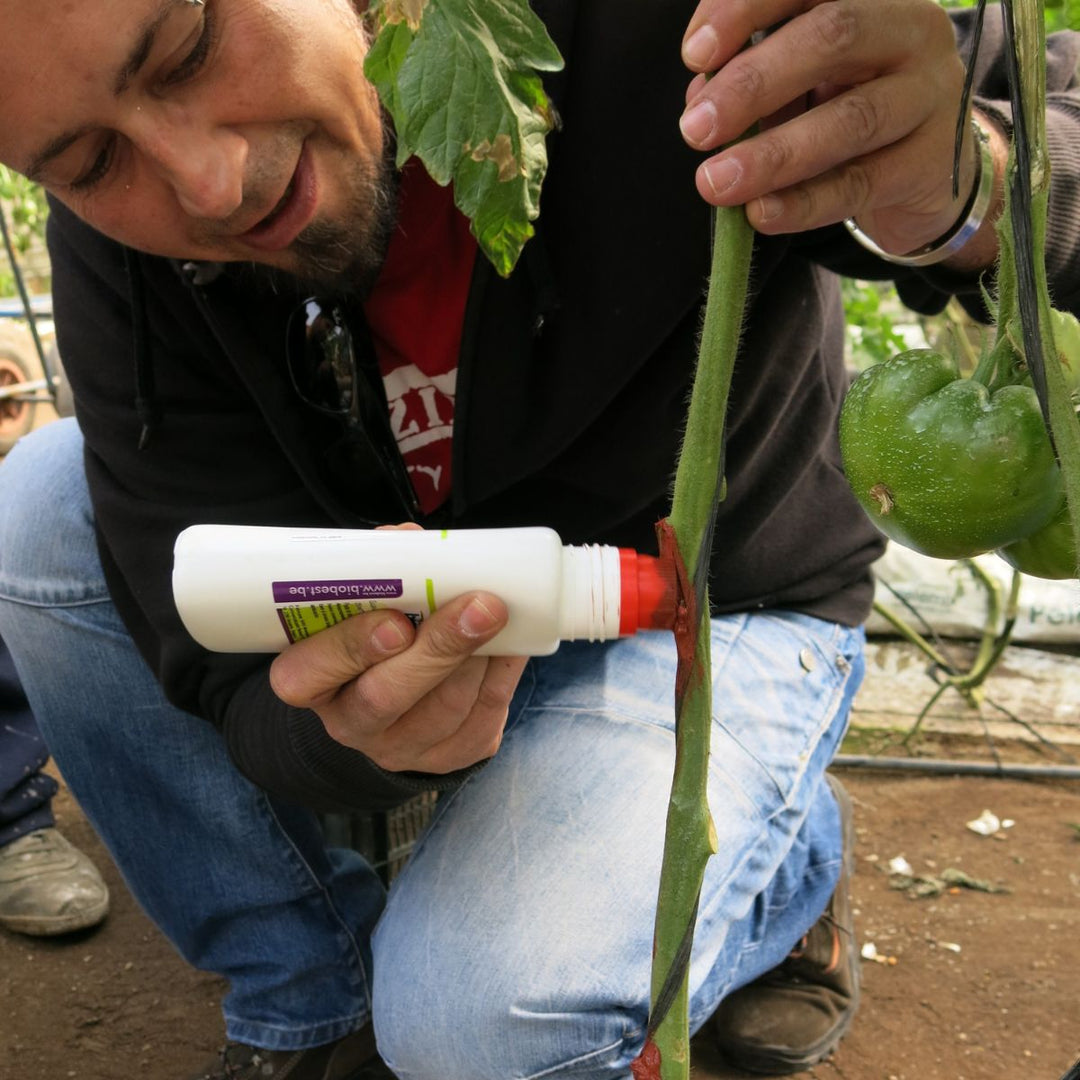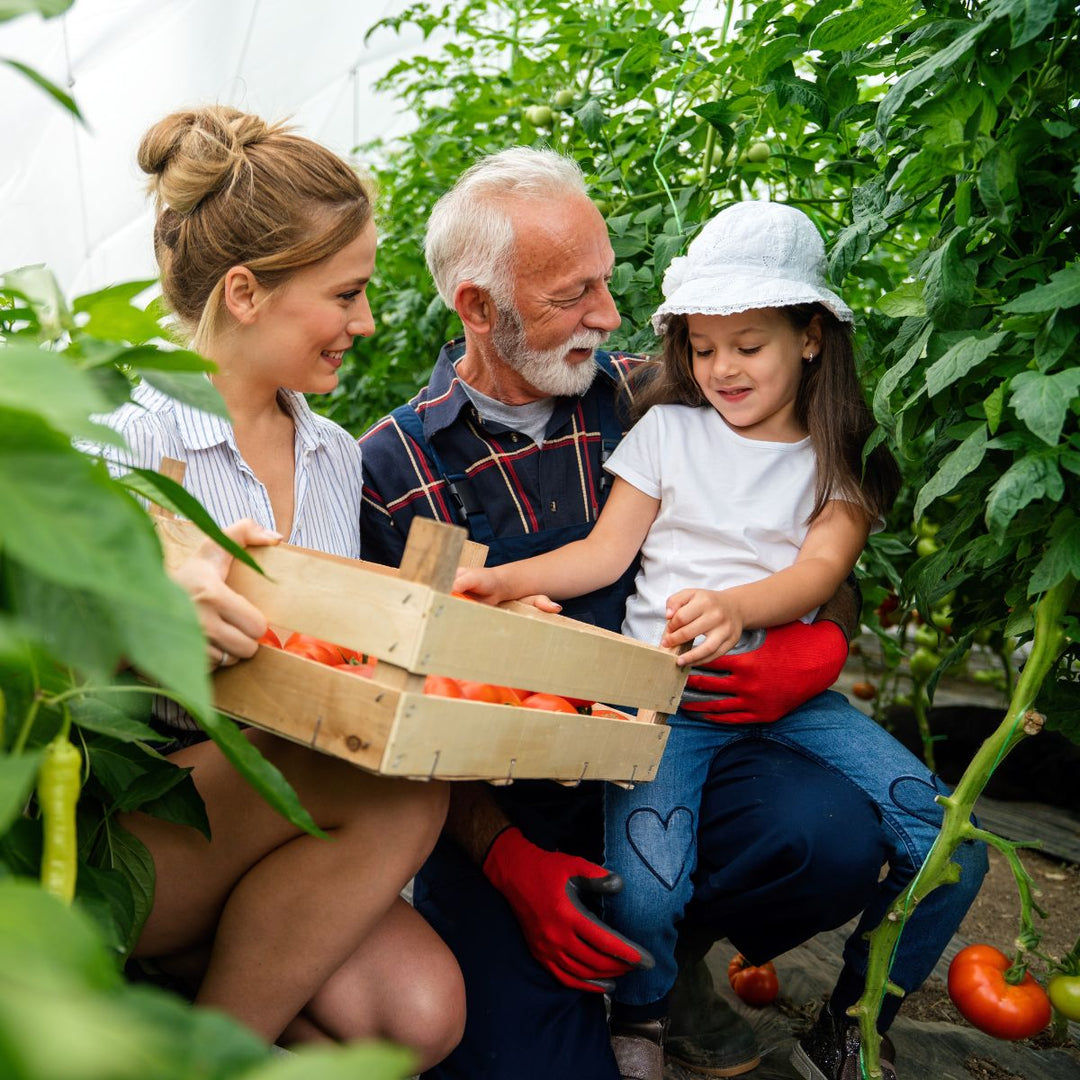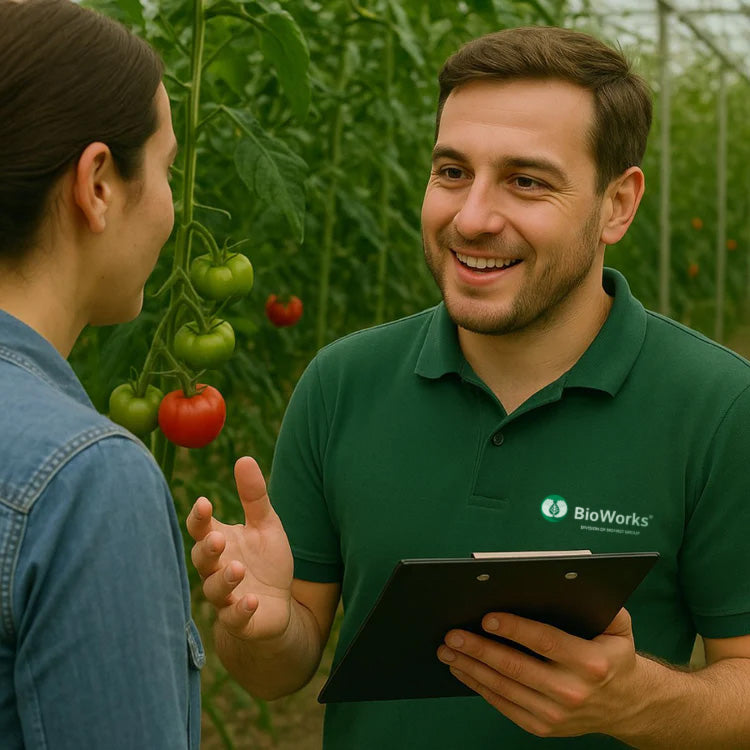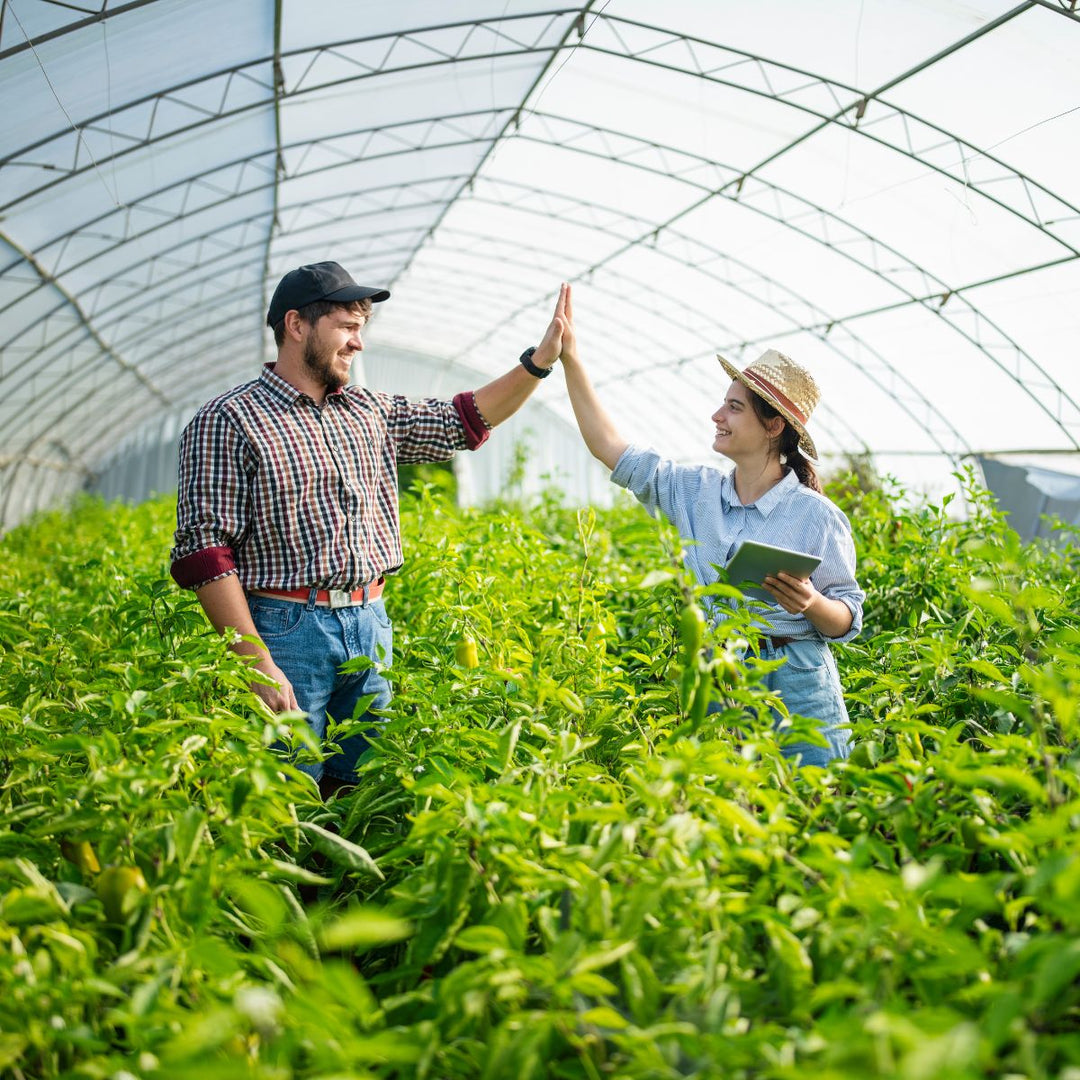The need for change
The global agricultural sector is facing major challenges:
- Increasing pest pressure and resistance
- Stricter regulations on chemical crop protection
- Growing demand for sustainable food production
We believe biological solutions are key. BioWorks aims to make a difference by developing powerful alternatives that are effective, sustainable and practical in real-world conditions. And always in close cooperation with partners who work directly with growers.


Our Vision
We believe in a truly sustainable agriculture without relying on chemicals.
We empower growers with proven biological solutions to produce sufficient and healthy food for current and future generations.
Our way of working
At BioWorks, we bring our solutions to growers through a trusted network of local distribution partners. In some countries, like the Netherlands, we work exclusively with 'Biobest Nederland' as our hands-on partner. In others, such as Belgium, France and Morocco, we collaborate with multiple specialist distributors to ensure wide availability and local support.
We develop effective biological solutions by working closely in the field, respecting natural processes and keeping the grower at the center of everything we do.


Stronger together - Part of the BioFirst Group
BioWorks Europe is part of the BioFirst Group, a global network of companies united by biological expertise and innovation. Together with BioWorks North America, BIOTROP and Real IPM Africa we share in-house R&D, our own biological production and field experience across continents.
This enables us to:
- Bring innovation to market faster, using our own tested biological products
- Ensure consistent quality and reliable supply
- Continuously optimize by learning from diverse climates, crops and growing systems

